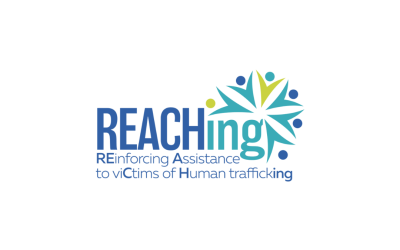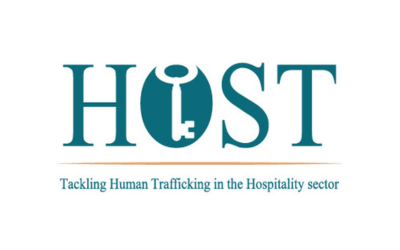Supporting the integration of a systemic inclusive approach in academic environments to enhance accessibility in higher education for people with disabilities through national policies, training, collaboration, and employment integration.
Context
The GAIN Project aims to transform Cambodia’s higher education landscape in line with the Cambodian Education Roadmap 2030 and the ASEAN Enabling Masterplan 2025. Significant barriers to achieving quality education include the lack of inclusive policies, accessible infrastructure, and adequate services. Discrimination in access and participation directly impacts the future of individuals with disabilities. Through targeted actions, the GAIN Project works to create inclusive and equitable academic environments. It engages civil society and the labor market to address both material and immaterial barriers that hinder the full development of individuals with diverse disabilities.
Objectives
- To support the development, implementation, and evaluation of inclusive national policies;
- To enhance the skills and capacities of academic staff in interacting with individuals with disabilities;
- To promote inclusion of people with disabilities in the labor market;
- To drive systemic change through active involvement of civil society as an additional advocacy actor.
Activities
- Development of national action plans and sustainable, replicable guidelines that integrate international inclusive policies with new best practices at the national level;
- Establishment of Institutional Inclusivity Centers (IICs) staffed by trained personnel to provide services for people with disabilities within academic institutions;
- Creation of industry-academia partnerships and promotion of workplace accessibility through awareness-raising activities and workshops;
- Co-designing inclusive actions with civil society to increase community awareness of the inclusion of people with disabilities, integrated into permanent political dialogue channels between academia, government, and non-governmental organizations.
Resources
- A Systemic Intervention Model to support the policy reform structure, developed in collaboration with four Stakeholder Interest Groups (SIGs);
- A Data Analysis Tool and a Policy Conformity Toolkit, both accessible via a collaborative platform managed by the Cambodian Ministry of Education;
- Ten modules for continuous and lifelong training of staff, provided as open educational resources (OERs);
- Two specific resources to raise awareness in occupational settings: an Employment Roadmap and a Best Practices Manual for workplace inclusion of individuals with disabilities;
- A Policy Influence Toolkit, a collection of instruments to influence inclusive policy development.
Impact
- Adoption of the Data Analysis Tool and Policy Conformity Toolkit by five higher education institutions;
- Establishment of five Institutional Inclusivity Centers (IICs) at five higher education institutions;
- 250 academic staff members reached through training initiatives aimed at enhancing inclusion for students with disabilities;
- 10 collaboration agreements with the industrial sector signed, to promote the employment of people with disabilities;
- 500 individuals reached by the awareness campaign aimed at dismantling barriers to the substantial inclusion of people with disabilities in community life;
- 100 active members in the GAIN Community of Practice (CoP).
Partners
- INSTITUTE OF TECHNOLOGY OF CAMBODIA (Coordinator, Cambogia)
- ROYAL UNIVERSITY OF PHNOM PENH (Cambogia)
- UNIVERSITY OF SOUTH EAST ASIA SIEM REAP (Cambogia)
- WESTERN UNIVERSITY PLC (Cambogia)
- PHNOM PENH INTERNATIONAL UNIVERSITYCO LTD (Cambogia)
- MINISTRY OF EDUCATION, YOUTH AND SPORT (Cambogia)
- PANEPISTIMIO PATRON (Greece)
- UNIVERSITA DEGLI STUDI DI ROMA TOR VERGATA (Italy)
- RESEARCH INNOVATION AND DEVELOPMENT LAB (Greece)
- CESIE ETS (Italy)










